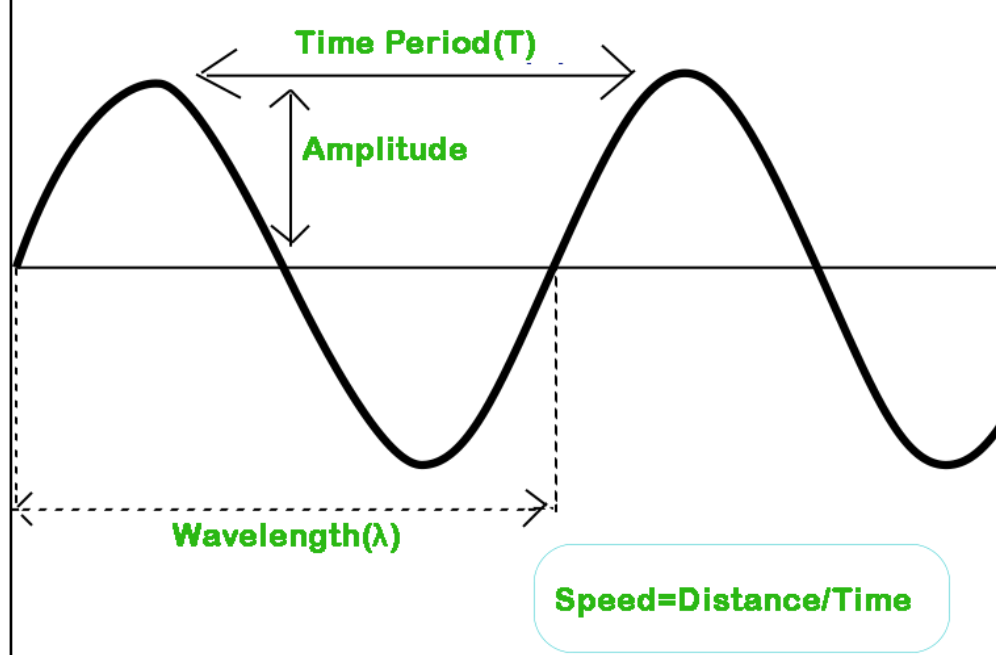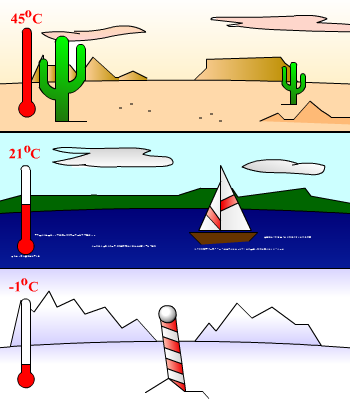Explain Why the Speed of Sound Changes in Different Mediums.
The wavelength of the sound wave decreases. No there is no sound in space.
A string fixed at both ends such as a guitar string.

. Does sound travel faster through wood or through the air. The more rigid or less compressible. The speed of sound varies in different mediums different temperatures and different pressuresThe speed of sound varies depending with the temperature altitude and air.
Because the molecules are farther apart the sound waves dont have as many molecules to bump against and it creates a much slower domino effect on the sound waves. Sound travels faster through liquids and solids than it. In general sound travels faster in liquids than in gases and quicker in solids than in liquids.
How The Speed of Sound Changes In Different Materials. This is a very broad summary as its not only the type of material that makes a difference to the speed. If you pluck a guitar string then change the medium status by changing the tension the pitch you hear will change.
For gases the faster the particles the more they bump into each other. The spacing of the molecules enables sound to travel much faster through a solid than a gas. Higher temperatures lower the density of a medium which puts less resistance on the sound waves.
That distance is called the wavelength. Frequency is how quickly the medium is vibrating in cycles per second. The speed of sound depends upon the temperature of a medium because temperature determines the speed of the particles.
The speed that sound travels largely depends on the material type. The speed of sound in a particular medium depends on temperature and pressure of that medium. Table 1 makes it apparent that the speed of sound varies greatly in different media.
That is because latex vflambda. However in liquids and solids the particles are close enough together that the difference from temperature is not significant. In air the speed of sound is related to air temperature T by v is the same for all frequencies and wavelengths of sound in air.
If v changes and f remains the same then the wavelength latexlambdalatex must change. This is similar to the frequency of a wave on a string being equal to the frequency of the force oscillating the string. I understand that sound often travels fastest out of solids liquids and gases in solids less fast in liquids and slowest in gases.
The speed of sound can change when sound travels from one medium to another but the frequency usually remains the same. 5What is the speed of sound. 4Is there sound on the moon.
The speed of the sound depends on the density and the elasticity of the medium through which it travels. When the elasticity increases and density decreases of a medium sound is allowed to travel faster. The speed of sound in a medium is determined by a combination of the mediums rigidity or compressibility in gases and its density.
It moves about thirteen times faster in wood than air. In any medium if the temperature increases. Up to 24 cash back Air is the least dense of the three mediums.
Yes sound can travel under the water. If v changes and f remains the same then the wavelength latex lambda latex must change. There is a system in which the frequency will change when the medium changes.
This is why whales can communicate over huge distances in the oceans. I understand that the length of the tube changes the standing wave in the tube but I ponder why the sound speed increase in the water changes the characteristics of the sound ie. For example sound waves travel fastest when they are moving through solids and tend to travel a lot slower when moving through gases and liquids.
The greater the density of a medium the slower the speed of sound. Air temperature can change the speed at which sound travels. The speed of sound depends on the medium and the state of the medium.
This is because the wavelengths are fixed 2L L L2 L3 etc but the speed of the wave is changing. The greater the elasticity and the lower the density the faster sound travels in a medium. This is similar to the frequency of a wave on a string being equal to the frequency of the force oscillating the string.
The speed of sound varies greatly depending upon the medium it is traveling through. Average speed distance travelled time taken 34 001 340 ms. Sound waves travel about thirteen times faster in wood than air.
A medium can be a solid liquid or a gas such as air. Why is this temperature dependence more noticeable in a gas than in a solid or a liquid. The more rigid or less compressible the medium the faster the speed of sound.
When the air is warmer the sound travels faster and when the air is colder the. The velocity of the sound wave decreases since wave. At the very basics lower temperatures will decrease the speed of sound while higher temperatures will increase the speed of sound all other factors being equal.
In a fluid because the absence of shear forces sound waves are longitudinal. Sound through different materials. Molecules that have more motion higher temperature can transfer their vibrations more easily.
But the speed it can travel through the new medium changes so the distance it moves during one cycle of vibration will also change. A solid can support both longitudinal and transverse sound waves. Sound travels about four times faster and farther in water than it does in air.
The more rigid or less compressible the medium the faster the speed of sound. The speed of sound in air is low because air is compressible. Explain why the speed of sound depends on the temperature of the medium.
The speed of sound in a medium is determined by a combination of the mediums rigidity or compressibility in gases and its density. Reflection of the sound. The frequency of the sound wave stays the same.
Temperature affects the speed of sound because temperature can affect the elastic qualities of different mediums. The speed of sound depends on both the elasticity and density of the medium. The speed of sound in a medium is determined by a combination of the mediums rigidity or compressibility in gases and its density.
The speed of sound can change when sound travels from one medium to another but the frequency usually remains the same. The speed of sound decreases when it passes from solid to gaseous state of a given medium. It moves four times faster through water than through air.

2a It Shows The Different Mediums When The Frequency Stays The Same But The Wavelength Changes Music Education Activities Learning Targets Music Education

Speed Of Sound Definition Formula Factors Affecting The Speed Of Sound And Faqs


No comments for "Explain Why the Speed of Sound Changes in Different Mediums."
Post a Comment